
Exciting new series on “Voice, Body and Movement for Lawyers – How to connect with the jury and find Justice Through Dramatic Technique!”
Click here to find out more
Over the course of the last year, the Federal Government has doubled-down on incentivizing cybersecurity compliance, especially for those that do business with Federal agencies. As perhaps their most significant innovation, the U.S. Department of Justice has prioritized using one of its most potent tools, the False Claims Act, to enforce compliance through severe treble-damages penalties that can be crippling for businesses and their executives, who face personal liability under the Act. Now is the time to help clients develop strategies to ensure cybersecurity compliance and, just as importantly, to manage and mitigate these emerging False Claims Act risks related to the inevitable shortfalls in cybersecurity.
This presentation outlines these new and significant risks and lays out key strategies to manage and mitigate.
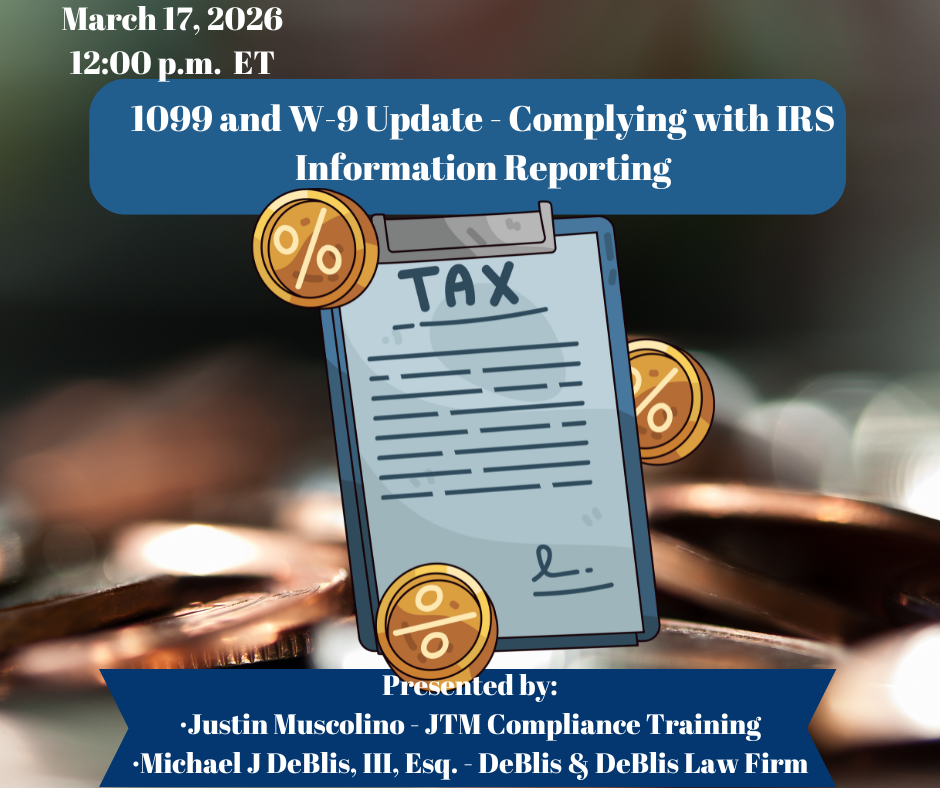
This CLE program covers the most recent changes affecting IRS information reporting, with emphasis o...

This presentation teaches attorneys how to deliver memorized text—especially openings and clos...
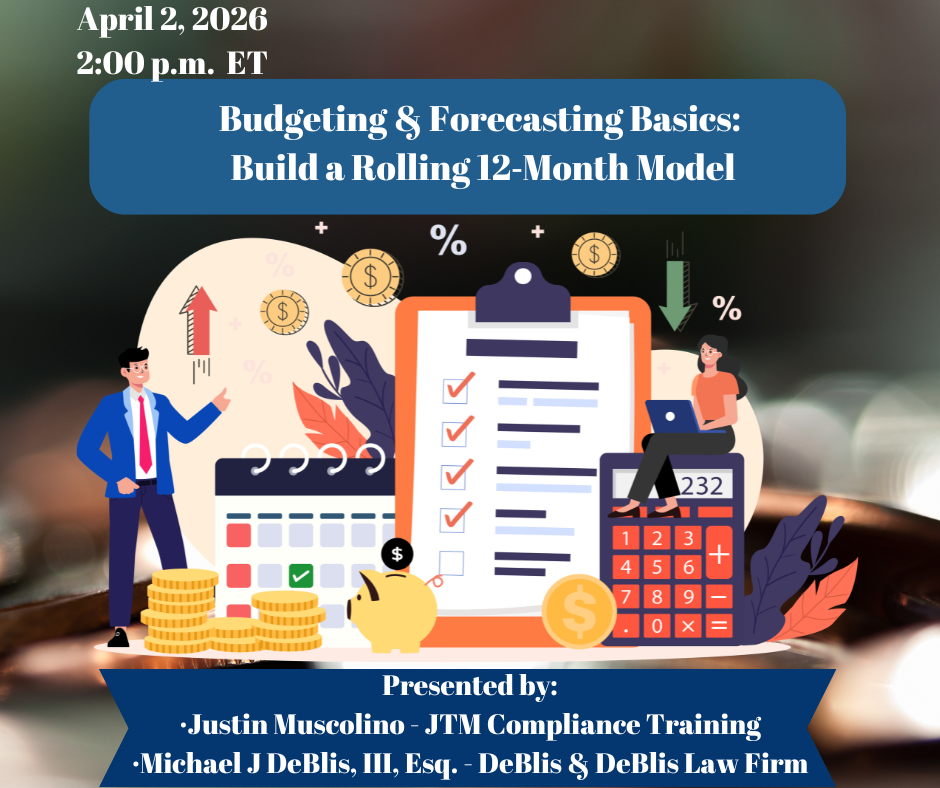
This CLE session introduces attorneys to budgeting and forecasting concepts used in corporate planni...
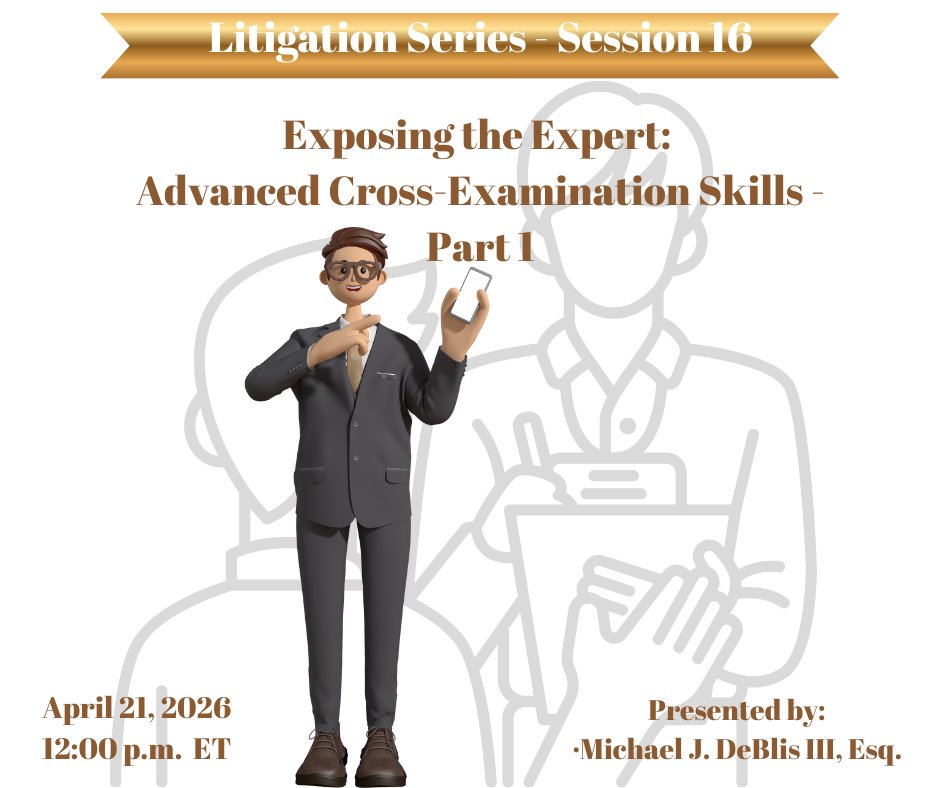
Part 1 - This program focuses specifically on cross?examining expert witnesses, whose credentials an...
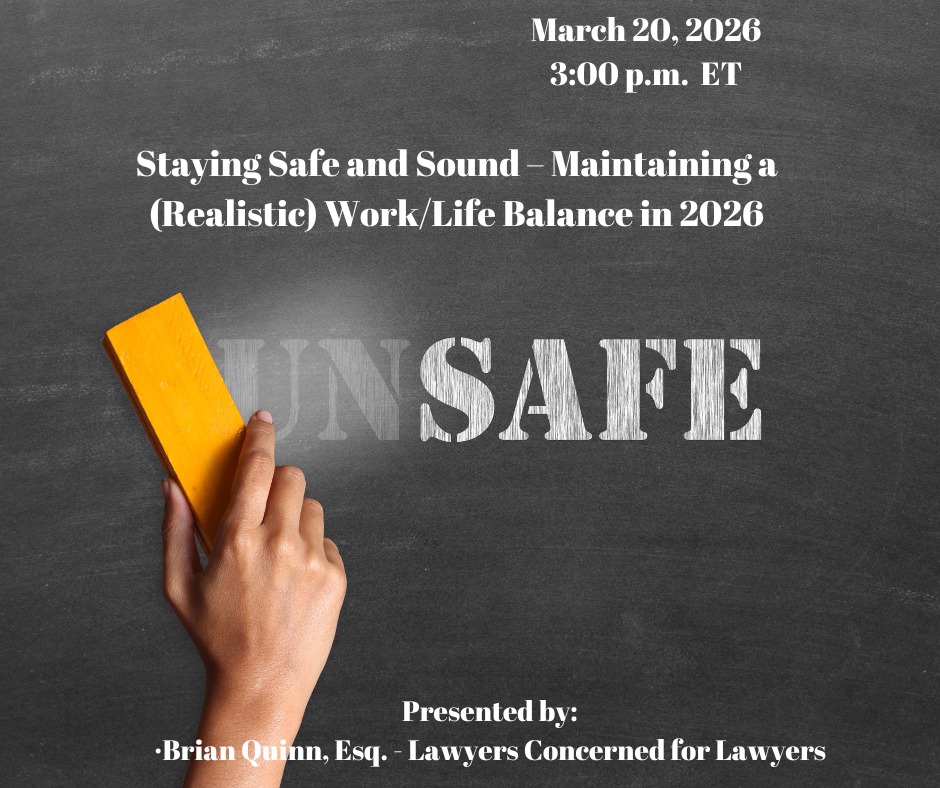
Recent studies have shown that there has been a dramatic increase in impairment due to alcoholism, a...
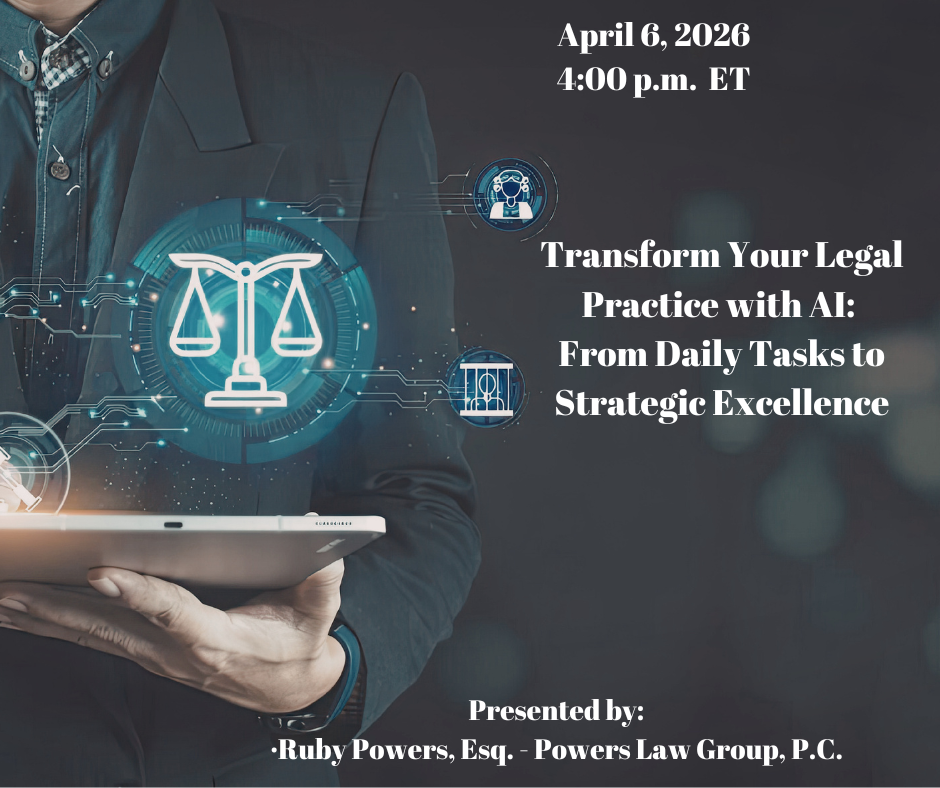
This course provides a strategic roadmap for attorneys to transition from administrative burnout to ...
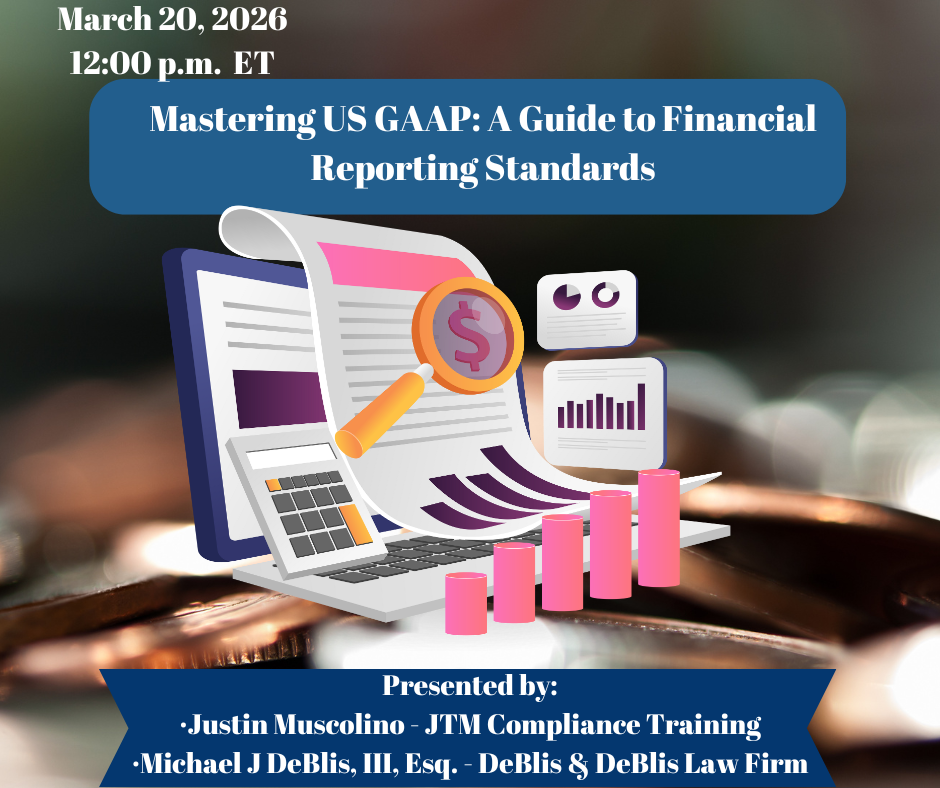
This advanced CLE dives into complex GAAP topics relevant to attorneys advising corporate, regulator...
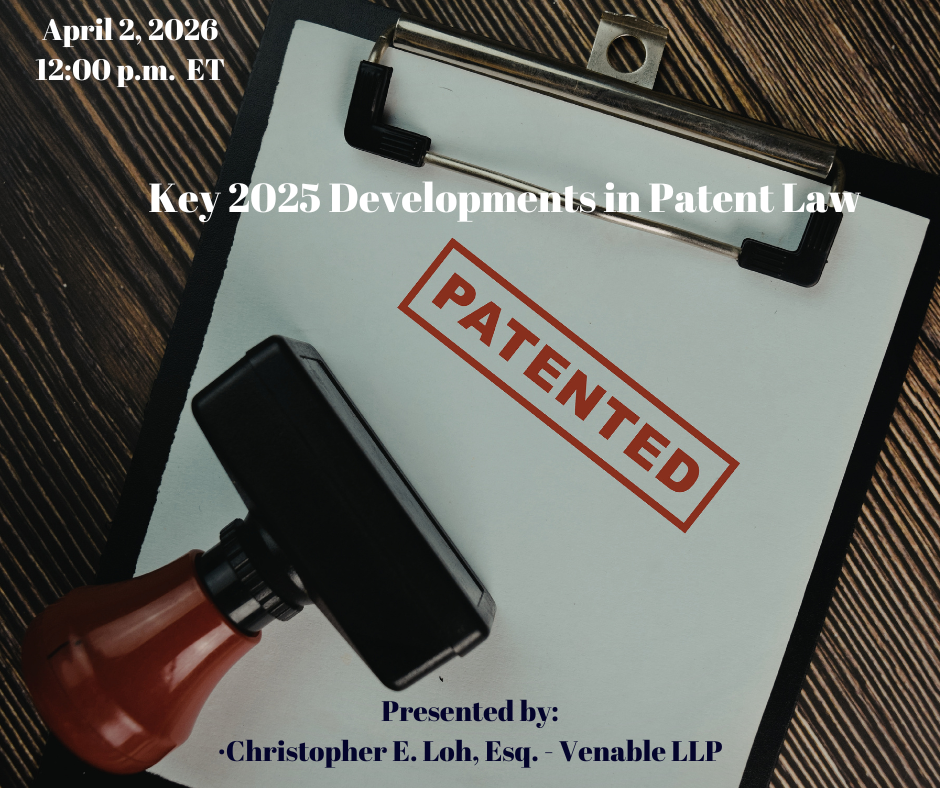
United States patent law and the United States Patent and Trademark Office’s patent-related gu...
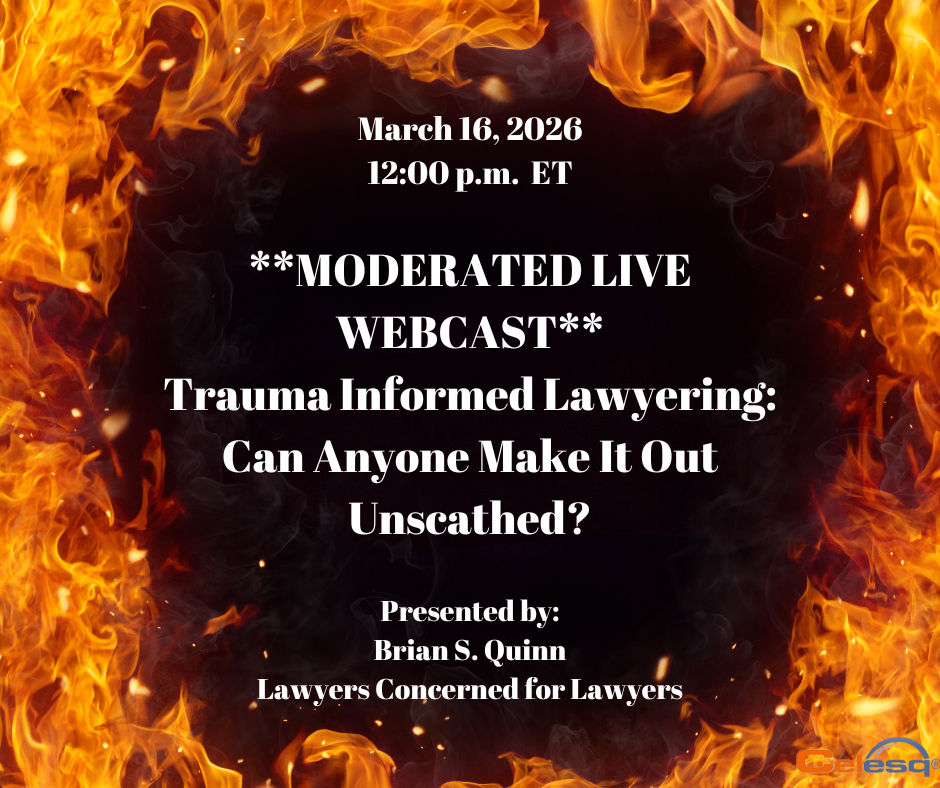
Attorneys hopefully recognize that, like many other professionals, their lives are filled to the bri...

This program explores listening as a foundational yet under-taught lawyering skill that directly imp...